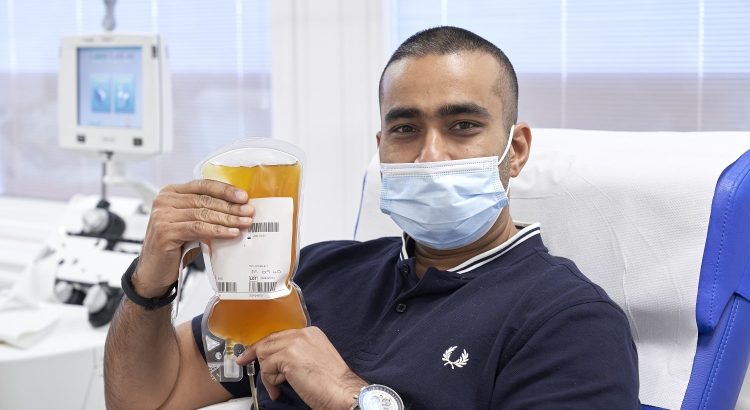Before you can proceed, you need to meet certain health requirements to donate plasma. Generally, a person must weigh 110 pounds (50 kilograms), be in good physical health, and be aged between 18 and 69 years. The process for potential donors involves a medical exam and a health history questionnaire. This will rule out high-risk behaviors and medical conditions. Blood samples will also be taken to test liver function and check for transmissible diseases.
Conditions that may prevent a person from donating plasma
A person can disqualify themselves for plasma donation if they have a certain medical condition. Certain chronic illnesses automatically disqualify them, while others must be treated first. People with low iron levels, for example, cannot donate platelets or whole blood. Plasma, however, does not require a person to have low iron levels.
Before becoming a plasma donor, a person must be between the ages of 18 and 69, weigh at least 110 pounds, and be in generally good health. The process is extensive, and potential donors are required to undergo a medical exam and fill out a questionnaire about their health history. They are also tested for any recent surgery or piercings, and any medications they are taking. The screening process is repeated at each donation center.
The procedure is relatively safe, although there are some minor side effects. Blood plasma is an essential part of the body and contains proteins and antibodies that are important for immunity and clotting. It makes up approximately 55% of blood. The process involves drawing blood, removing plasma, and returning it to the donor. Plasma is a valuable resource for doctors, as it is used in the treatment of cancer, heart disease, and other medical emergencies.
COVID-19 vaccine eligibility
Donating plasma for COVID-19 vaccine eligibility requires specific health criteria. You should be in good health and have not had an adverse reaction to the vaccine. Donating blood after vaccination is a life-saving decision. People who need blood for cancer treatments, surgeries, or transfusions will benefit from your donation. Unfortunately, only 3% of people of the appropriate age donate blood annually, and the demand for blood is always high. To help keep up with the growing demand, it is important to consider donating blood after your COVID-19 vaccination.
Although antibodies from COVID-19 vaccination don’t remain in the blood for very long, they do last for two to three months. This short-term passive immunity is believed to prevent severe illness in recipients. Traditionally, blood donation has been governed by strict restrictions and deferral periods.
Diet before donating plasma
It is important to consume a nutritious diet before donating plasma. This is because your blood plasma composition can be affected by what you eat. You need to make sure that your meal is enriched with iron and protein. You also need to avoid eating fatty foods, as these will affect blood tests. Furthermore, don’t forget to drink plenty of water in the days prior to your donation.
The American Red Cross recommends drinking at least nine to 13 glasses of water before donating plasma. Drinking water at room temperature is ideal. Be sure to avoid hot or cold drinks, as they may change the blood temperature and make it difficult for the organ to accept them. Furthermore, plasma is made up primarily of water, so hydrating your body before donating will make the process faster.
Permanent deferrals as a form of donor verification
Permanent deferrals are an additional form of verification of a donor’s ability to donate blood. These deferrals are notified to donors within 30 days of the results of a test for HBV, HCV, or HIV. This study identifies and analyzes the communication between the notifier and donor.
Although almost all notifiers in this study continued to use permanent deferrals, they acknowledged the social and psychological effects of this practice. They also noted that these effects were consistent with other authors’ reports. This raised ethical concerns, particularly when notifiers base their judgements on positive obligations.
While notifiers accuse donors of being irrational, this argument ignores the idiosyncratic perceptions of damage and benefit that arise from the life story of each donor. These idiosyncratic perceptions are the result of the donor’s unique story and the emotions and feelings that awaken in the donor.





